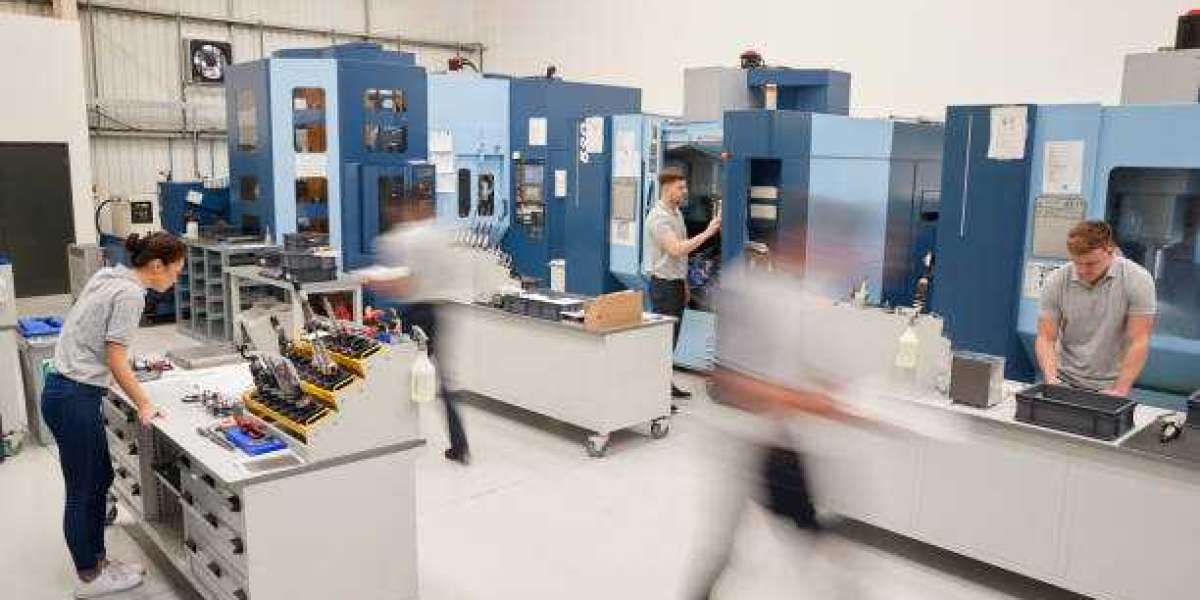Automation has been steadily transforming industries for years, yet traditional systems often struggle to navigate the complexities of real-world environments. This is where Adaptive AI steps in. By continuously learning and evolving based on new data and changing conditions, Adaptive AI is driving a new era of automation — making it more efficient, reliable, and versatile than ever before.
What is Adaptive AI?
Adaptive AI takes automation a step further than traditional AI models. It can:
- Self-learn and improve: Constantly analyze data, recognize patterns, and adjust its behavior accordingly.
- Handle uncertainty: Adapt to unexpected changes or conditions with minimal human intervention.
- Personalize experiences: Tailor processes to suit individual needs and preferences, offering a more customized approach.
How Adaptive AI is Enhancing Automation
Manufacturing:
- Predictive Maintenance: Adaptive AI can predict equipment failures before they happen, minimizing downtime and optimizing maintenance schedules.
- Quality Control: It identifies defects in real-time, ensuring consistent product quality and reducing waste.
- Robotic Process Automation (RPA): AI-powered robots can flexibly automate complex tasks, adjusting to new workflows and unexpected challenges as they arise.
Healthcare:
- Personalized Medicine: Adaptive AI helps create customized treatment plans based on individual patient data, improving outcomes and minimizing side effects.
- Drug Discovery: It speeds up drug development by analyzing large datasets to identify potential candidates and predict their effectiveness.
- Remote Patient Monitoring: AI monitors patients’ health remotely, sending real-time alerts for potential issues and enabling proactive care.
Finance:
- Fraud Detection: Adaptive AI continuously analyzes transaction data to detect and prevent fraud, adjusting to new and evolving fraudulent activities.
- Risk Assessment: It improves risk management by analyzing market trends, customer behavior, and other relevant factors to make more informed decisions.
- Algorithmic Trading: Adaptive AI can execute trades automatically based on real-time data, responding to changes in market conditions.
Customer Service:
- Chatbots and Virtual Assistants: AI enhances customer service experiences by enabling bots to understand and respond to complex inquiries more naturally.
- Personalized Recommendations: It offers tailored product suggestions based on customer preferences and past purchases.
- Sentiment Analysis: AI can analyze customer feedback to identify areas for improvement and increase satisfaction.
The Role of Adaptive AI Development Companies
Adaptive AI Development Companies are essential in bringing these innovations to life. Their expertise enables them to:
- Develop and deploy customized Adaptive AI solutions that cater to specific business needs.
- Integrate AI seamlessly into existing business systems and processes for smoother operations.
- Ensure ethical and responsible AI deployment, safeguarding privacy and fairness.
Conclusion
Adaptive AI is set to revolutionize automation across various industries. By embracing this cutting-edge technology, businesses can unlock new levels of efficiency, productivity, and innovation. To fully leverage the potential of Adaptive AI in your operations, partnering with a trusted Adaptive AI Development Company is the best way to explore all the possibilities and bring these advancements to your business.














